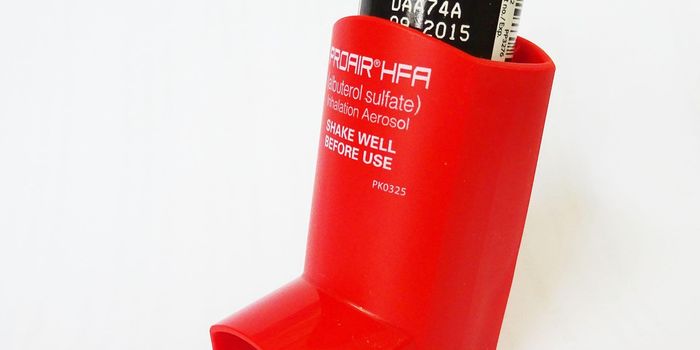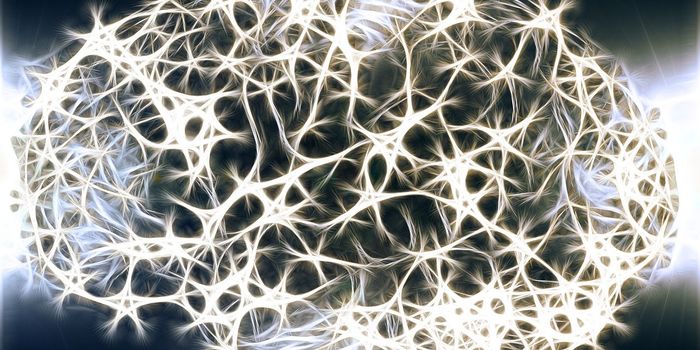A Blood Drop Test for Rapid Detection of Traumatic Brain Injury
A study published by Yue et al., in August 2019, reported that a simple blood test detects traumatic brain injury efficiently and rapidly than standard imaging scans.
Traumatic Brain Injury (TBI) is an acquired and noncongenital damage to the brain from an external force. TBI can be a disruption in the normal function of the brain that can be caused by a bump, blow, or jolt to the head, according to Centre for Disease Control and Prevention (CDC).
Everyone is at risk for a TBI, especially children, and older adults. The symptoms of TBI vary from mild, moderate, or severe based on the severity of the brain damage and can be physical, sensory, and cognitive or mental. The common indications of the injury are vomiting, lethargy, headache, paralysis, loss of consciousness, and vision changes.
The Glasgow Coma Scale (GCS) measures the brain damage within 48 hours of the injury. The GCS scores determining the severity of TBI are: Severe TBI = 3-8, Moderate TBI = 9-12, Mild TBI = 13-15.
Besides receiving a standard history and physical exam, imaging techniques as Computerized Tomography (CT) or possibly MRI scans help diagnose the TBI patients. MRIs are not accessible at all hospitals, are comparatively slow at delivering results, and are more costly. Abbott Laboratories with Transforming Research and Clinical Knowledge in Traumatic Brain Injury (TRACK-TBI) developed a handheld portable device that detects real-time brain injuries that MRI scans miss to detect.
"Healthcare providers rely on blood tests for a variety of conditions because of their accuracy and speed, yet we haven't had a blood test for the brain as part of the standard of care," said Beth McQuiston, MD, RD, neurologist and medical director, Diagnostics, Abbott. "Abbott's i-STAT device has become a trusted brand in hospitals globally today. In the future, our TBI test and next-generation device could also be added to the standard of care, working together with CT scans and other diagnostic tools to provide doctors with a complete understanding of a patient's condition."
TRACK-TBI and Abbott have developed i-STAT Alinity blood analyzer device to detect real-time TBI within 15 minutes using 2-3 drops of patient's blood. Abbott's handheld blood testing device measures the glial fibrillary acidic protein (GFAP) releasing from the cells of the injured brain into the blood.
"Blood-based biomarkers are emerging as an important tool to detect TBI, and this research opens up the next chapter to evaluate the condition," said Geoffrey T. Manley, M.D., Ph.D., principal investigator of TRACK-TBI, neurosurgeon and professor of neurosurgery, University of California, San Francisco (UCSF). "Having these sensitive tools could provide physicians more real-time, objective information and improve the accuracy of detecting TBI."
Key points of TRACK-TBI study:
-
a prospective, multi-center observational study
-
the study evaluated 450 patients admitted to the emergency department of 18 US Level 1 trauma centers with a suspected TBI.
-
the patients received a negative CT scan to determine if the brain-specific glial fibrillary acidic protein (GFAP) could be an indicator that helps physicians detect TBIs.
-
researchers evaluated participants who each received a CT scan that was read by a radiologist as negative for TBI, blood draw within 24 hours, and an MRI within seven to 18 days post-injury.
-
the study found that among the 90 people with the highest levels of GFAP detected, 64% were confirmed to have a TBI by the MRI scan.
-
for the 90 people with the lowest levels of GFAP, 8% were confirmed to have a TBI.
Among the patients with a negative CT scan, researchers evaluated GFAP levels in their blood and then reviewed their MRI scans taken up to two weeks later to confirm the TBI. Researchers found that GFAP levels did not significantly elevate in the control groups of healthy individuals and individuals with orthopedic injuries.
The study established the association of brain injury and production of three additional proteins too as S100 calcium-binding protein B (S100B); ubiquitin C-terminal hydrolase L1 (UCH-L1); and neuron-specific enolase (NSE). Researchers found that elevated levels of UCH-L1, S100B, or NSE were not at all sensitive than high GFAP levels for detecting brain injury in patients.
The i-STAT Alinity device is available outside of the US and is not yet commercially available in the US. The study outcome is an essential step for the Abbott and TRACK-ABI study towards TBI diagnosis and treatment.
The Lancet Neurology, CDC, Medscape, Abbott, TRACK-TBI, MarketWatch









